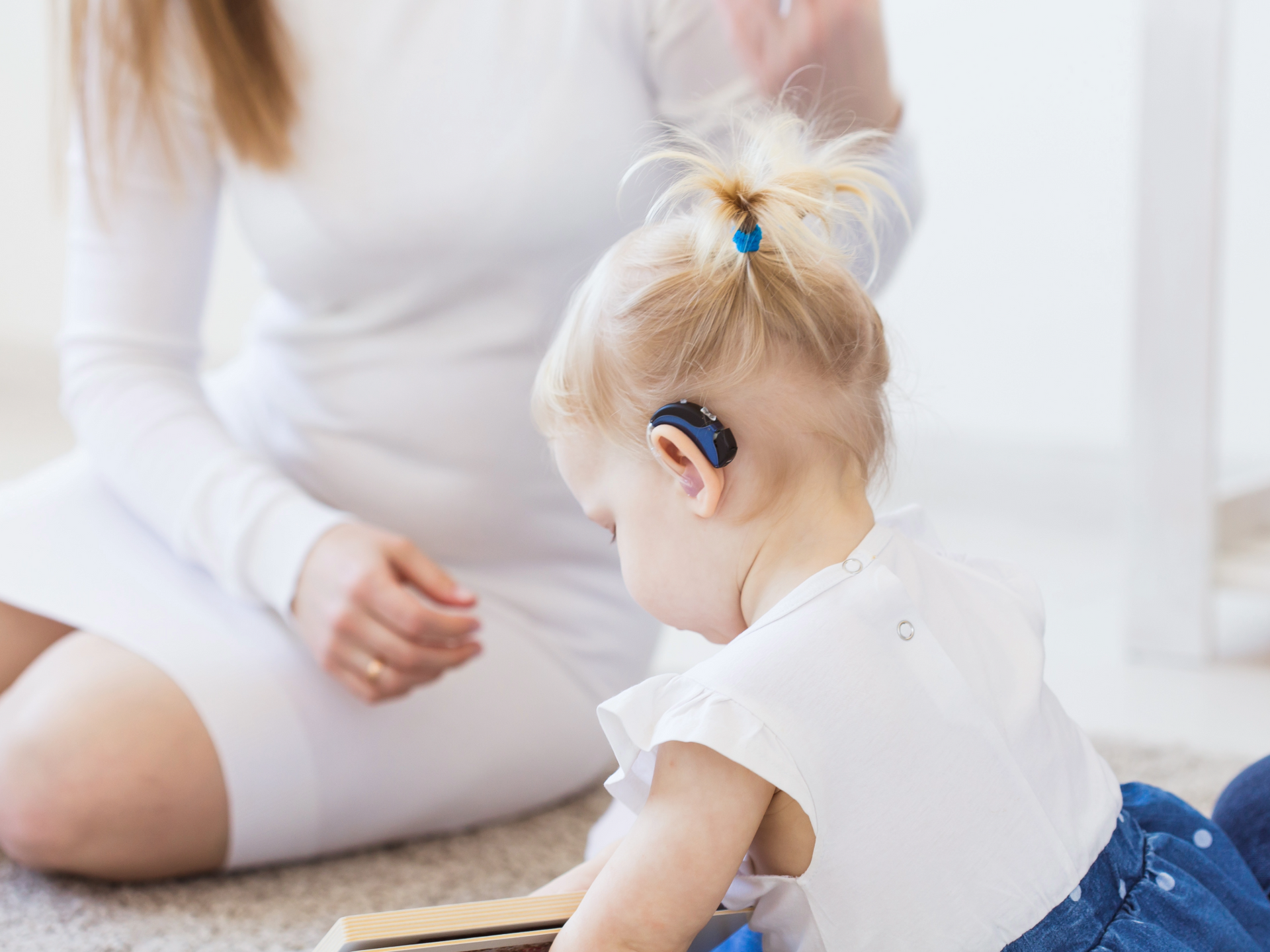Risks of Untreated Hearing Loss
PROTECT YOUR HEALTH
The Consequences of Untreated Hearing Loss
Hearing loss is more than just an inconvenience - it can have significant impacts on a person’s overall health and quality of life if left untreated. While it may start as a minor issue, untreated hearing loss can gradually affect many aspects of daily living, from communication and relationships to physical and mental health.
Social & Emotional Effects
One of the first areas affected by untreated hearing loss is communication. Struggling to hear in conversations can lead to feelings of isolation, frustration, and embarrassment, especially in social settings. Many individuals begin avoiding interactions or withdrawing from social events due to the difficulty of keeping up, which can lead to loneliness, anxiety, or even depression. Over time, this social isolation can erode relationships with friends, family, and colleagues, causing further emotional strain.
Untreated hearing loss can have significant consequences particularly at school or in the workplace. Difficulty understanding conversations, missing key information during class or meetings, or misinterpreting instructions can reduce performance and lead to misunderstandings and potential loss of opportunities.
Cognitive Decline
Research has shown a strong link between untreated hearing loss and cognitive decline in adults. When the brain is constantly working harder to interpret unclear sounds, it can become overworked and fatigued. This additional strain on cognitive resources may contribute to an increased risk of memory issues, difficulty concentrating, and even a faster progression of dementia in older adults. For children, hearing loss can hinder cognitive and emotional development, affecting language acquisition, comprehension, and overall learning ability. If hearing loss goes untreated, children may fall behind in critical developmental milestones.
Physical Health Impacts
Hearing loss can also affect your physical health. Untreated hearing loss has been associated with an increased risk of falls and balance problems. The ear plays a crucial role in maintaining balance, and when hearing is impaired, it can disrupt these systems. Additionally, hearing loss may contribute to elevated stress levels, fatigue, and headaches as the body continually tries to compensate for reduced auditory input.
EYE-OPENING FACTS & STATS
Hearing Loss: A Silent Epidemic
Definition
Hearing loss is defined as the inability to hear sounds at 40 decibels in adults, and 30 decibels in children, in the better hearing ear.
Prevalence
1 in 10 Canadians experience some degree of hearing impairment. Overall, 60% of Canadians age 19 to 79 have a hearing health problem, with 20% of those over 65 years and 40% of those over 75 years having a significant auditory problem.
Untreated Epidemic
On average, people wait approximately seven years from when they first notice hearing loss to seek treatment. And only about 20% of those who could benefit from hearing aids actually use them.
Around the World
About 70 million people worldwide are deaf (complete hearing loss), and more than 1.5 billion people around the world are affected by hearing loss in at least one ear.
Unperceived Hearing Loss
Many Canadians (aged 40 to 79 years) are unaware that they even have hearing loss. Almost 80% of people go undiagnosed and untreated for hearing impairments due to not recognizing the signs.
Hearing Loss in Children
Up to 3 in 1,000 newborns in Canada are born with detectable hearing loss. In children, nearly 60% of hearing loss is due to causes that can be prevented.
Early Detection is Vital
Identifying the cause of hearing loss early is crucial for treatment and prevention of further damage. Early detection of hearing loss leads to better success with amplification, which keeps your brain busy and can help to mask tinnitus. While hearing plays a vital role in social interactions, it’s equally important to be attuned to your surroundings - such as fire alarms, doorbells, phones, and even identifying issues with appliances or vehicles. Untreated or unperceived hearing loss poses numerous risks, including cognitive decline along with social and health-related consequences.
Regular hearing assessments, proper ear care, and protection from loud noises are key to maintaining optimal hearing health. If you're experiencing hearing difficulties, don't wait -schedule a consultation with our Audiologist to get a thorough assessment and personalized treatment plan. Taking proactive steps can help you maintain better hearing for years to come.
The Hearing Clinic
Clinic Hours
- Mon, Tue, Thu
- -
- Wed, Fri
- -
- Sat - Sun
- Closed
*Closed Daily from 12:30pm-1:30pm





